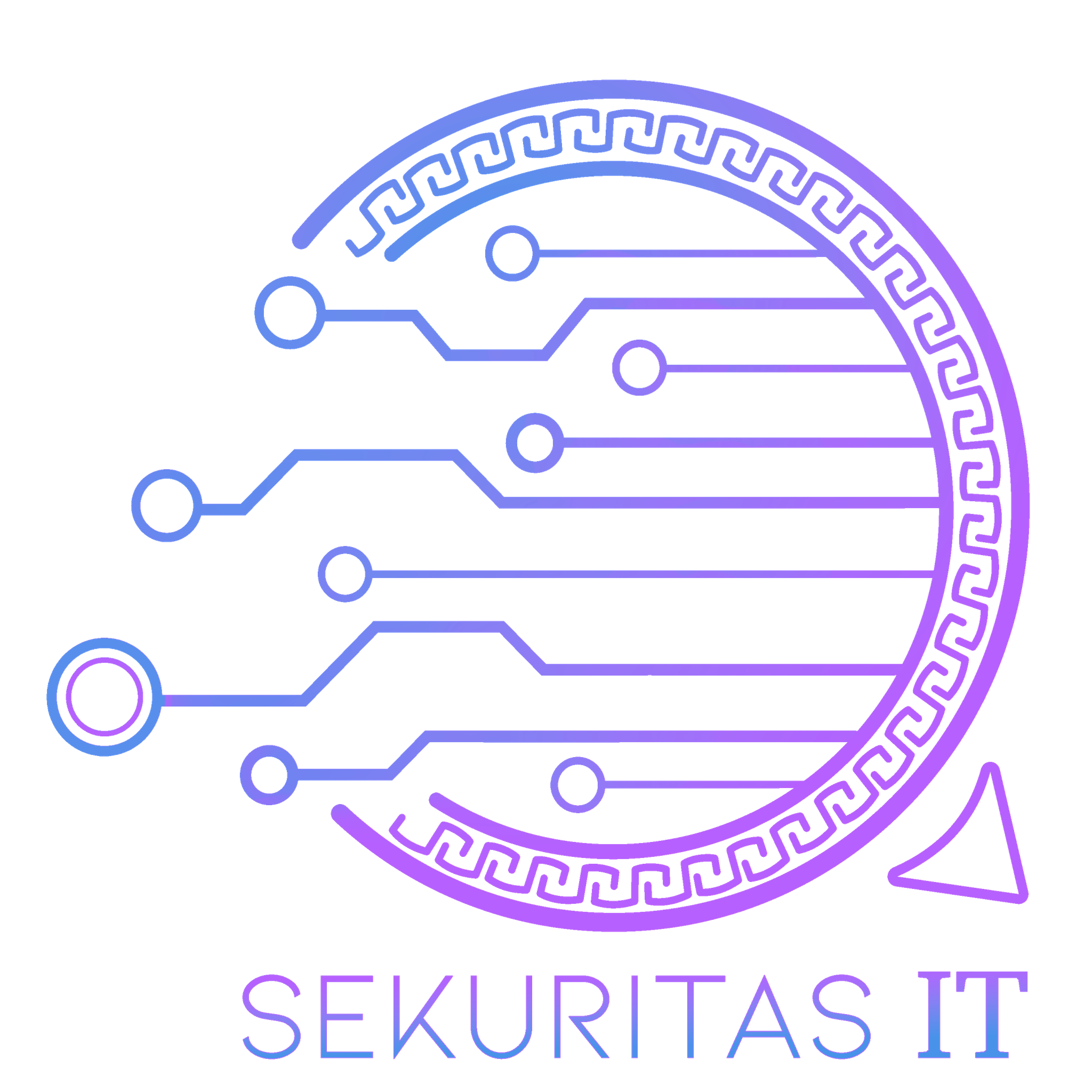I actively manage a self-hosted homelab environment focused on security testing, service hosting, and infrastructure experimentation. It’s a mix of production-adjacent systems and pure chaos-fueled learning.
- Primary Node – Dell R630 (Ubuntu): Hosts VMs for AdGuard Home, Cloudron (with Guacamole and Kavita), Wazuh SIEM, and Plex Media Server. ~58TB of storage across multiple volumes supports VM workloads, media, and archival backup.
- Storage Node – Dell T330 (TrueNAS SCALE): Runs Nextcloud and manages a 12TB usable ZFS RAID-Z1 array (4×4TB), with separate SSDs for OS and app installs to support service isolation and easier recovery.
- SMB + NFS Integration: Configured cross-node sharing for media and data:
- SMB: Odin (media server) shares its music directory to Gaia (main server), automounted via
fstab. - NFS: Kavita pulls from an NFS-mounted volume managed in Cloudron, offloading storage from the eBook server itself.
- SMB: Odin (media server) shares its music directory to Gaia (main server), automounted via
- Network Security Stack: Built using a layered approach with:
- Quantum Intrusion Prevention System (modem-level)
- Netgear Armor with endpoint agents
- Cloudflare Tunnels + Zero Trust Access (with custom policies)
- Internal Networking: Uses AdGuard Home for DNS filtering, VLAN segmentation via managed switch, and an isolated IoT access point for network hygiene.
- Monitoring: Wazuh SIEM logs from multiple endpoints/VMs for real-time alerting and forensic auditing.
- Other Systems:
- Multiple Linux-based gaming rigs, workstations, and HTPCs
- Raspberry Pi 4B weather station (integrates APIs from Tomorrow.io, Mapbox, and LocationIQ)
It’s a lot of blinking lights, but it’s also a real testing ground for everything I build, break, and rebuild in my day-to-day. From file sharing to endpoint security, it’s hands-on, high-effort, and frequently reconfigured. In other words — a sysadmin’s playground.
